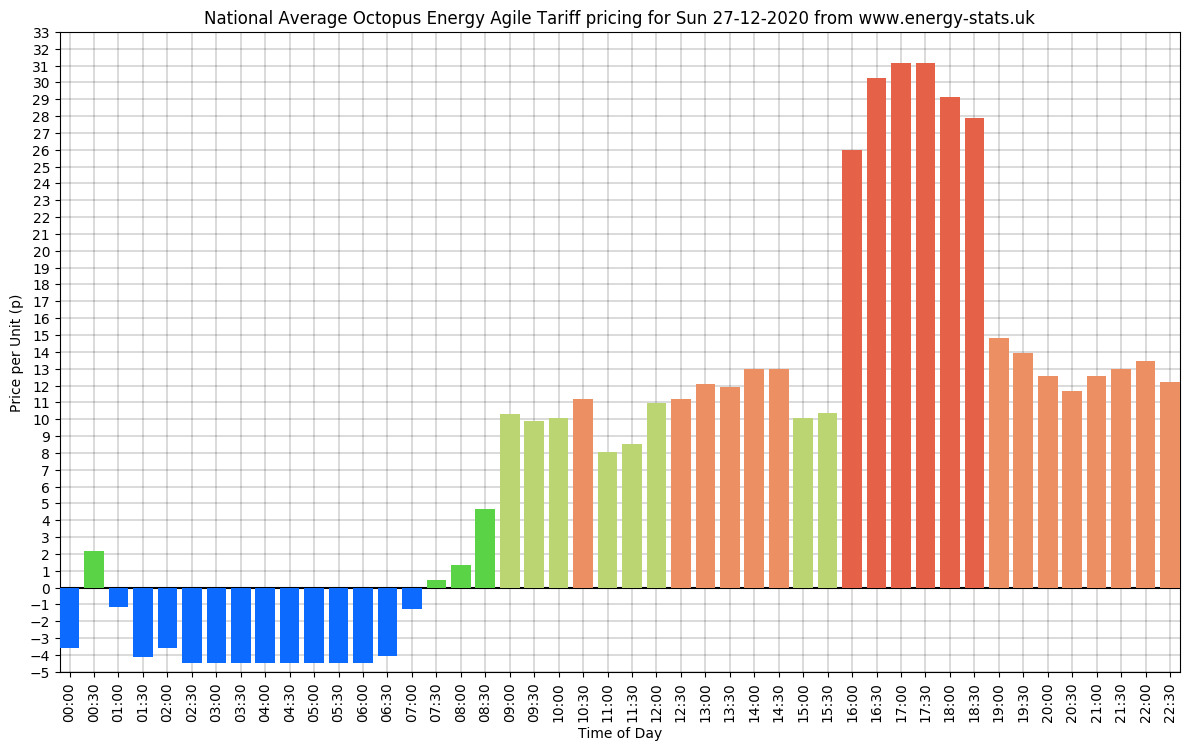Octopus Saving Sessions : 13,288 (£16.61)

The convenience of having battery storage; I schedule the battery to discharge during the sessions, meaning we can carry on as normal, just pulling from the battery and not the grid
Then my wife puts the dishwasher on at 10pm, forgetting to set a 3 hour start timer
Usage for the 23rd


The convenience of having battery storage; I schedule the battery to discharge during the sessions, meaning we can carry on as normal, just pulling from the battery and not the grid

Then my wife puts the dishwasher on at 10pm, forgetting to set a 3 hour start timer

Usage for the 23rd

Last edited:







